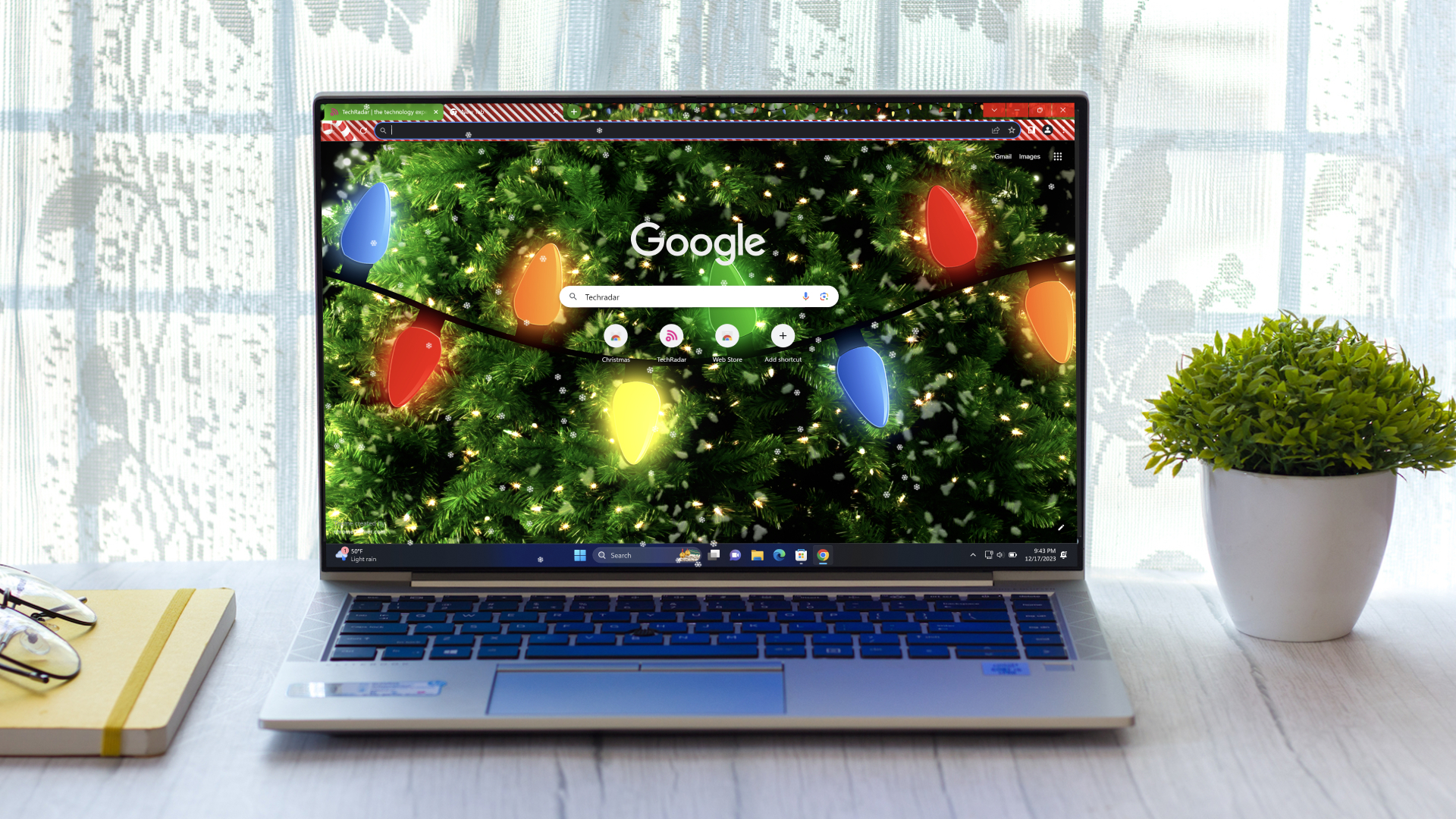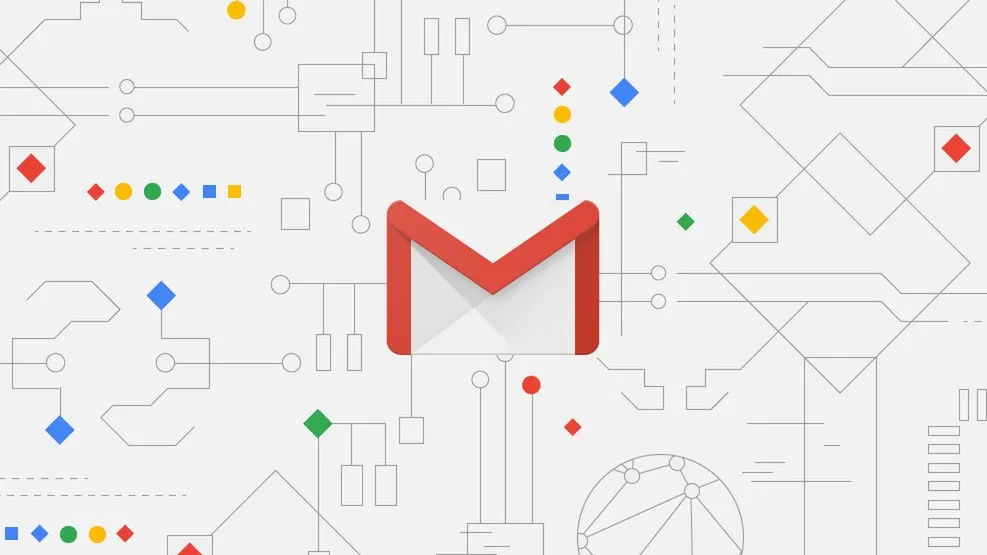I've used Edge, Firefox, and Opera, and yet after ten years in tech journalism, I still come back to Chrome
They've cornered the market and with good reason

Chrome is a pain, isn't it? It's one of those browsers that just sticks with you, no matter what you try. For better or worse. I've personally shifted back and forth between a number of browsers over the years; mostly alternating between Firefox and Chrome, and using Opera as a backup, usually to see if one website or another is broken or not. Yet no matter how long I'm gone, even in the deepest of Firefox stints, inevitably, I always end up back with Google's shiny metal goliath.
Unlike phones, operating systems, processors, graphics cards, or even the best VPNs, browsers inherently don't have that flux. It never feels like there's a need to swap to upgrade. No single one has a significant advantage over the other, and no browser has ever really introduced any feature that's quite as revolutionary as something like Nvidia's DLSS upscaling tech or AMD's CPU 3D V-cache. It's all iterative change, trying to entice you over and keep you there, and I do believe a lot of Google's initial success was down to societal peer pressure and just being one of the first alternatives that provided a slicker initial setup and user experience than anything else.
Although it ended up as a browser that has a RAM footprint akin to the mass of a small brown dwarf star, it simply provided people with a slicker, seamless experience than what Internet Explorer, Safari, Netscape, or Firefox could back in the day.
Chromed up
So how did Google corner the market following on from the success of those early years? How did it manage to oust IE, Firefox, and later Edge as kings of the free browsers? Particularly given how Microsoft literally installs its own browser on Windows for you? It's one of those questions that you genuinely have to step back, look at Microsoft, and ask: "No seriously, how did you mess this up so badly?".
In today's era, the answer is simple enough. It's not because of anything Google is doing directly with Chrome. There's no killer app or silver bullet here, no feature that's going to blow your mind wide open. It's still easy to use and operates smoothly as it almost always has done (memory quandaries aside), but it's the entire environment Google has built around it that really nails its dominance to the table.

It's effectively built out this beautiful, seamless ecosystem for us regular folk. Create a Google account, and you immediately have access to YouTube, Drive for office work, Gmail, and a Chrome account that'll sync all of your settings, passwords, passkeys, bookmarks, cookies, and extensions, all in one place. On top of that, for Android users, it'll tie into your phone too, syncing across platforms in the process.
Dominant Search Engines
Not only that, but Google as a search engine is just impeccable. Sure, its recent experiments with generative AI have been hit and miss, but it's not utterly littered with ads or incorrect listings. If you try to use Bing, DuckDuckGo, or Yahoo, the experience by comparison is shocking. It's like traveling back in time by five to ten years, depending on which one you use.
As a web-based tech journalist, I'm conscious that Google often gets a lot of ire from those in my line of work for its constant iterative SEO changes and updates to how it ranks things. This can massively impact site rankings, and kill smaller brands, potentially leaving people without work. It's a grim dance with livelihoods on the line, particularly with Google's new use of Gemini AI prompts as well.
The reality is, though, that as harsh as that is, it does this because it's still trying to provide the best search experience for the user. It comes from a good place. Although that drive might be market-driven, it still needs to provide the best sources, the best answers to your questions. Those SEO changes are necessary, and you can see the way it's going is centered around making sure it selects content and answers that align with its EEAT philosophy ('Experience, Expertise, Authoritativeness, and Trustworthiness' - basically, choosing authors and content that have good knowledge in a certain field) while providing information that is accurate, unique, and to the point.
YouTube is a whole other kettle of fish, and it's anyone's guess as to which way the wind blows on that search algorithm, but for its core brand, its core product, Google's search is unparalleled in many ways.
And the fact is that this wider ecosystem and everything tied into it, as much as some of us might dislike it, still makes Chrome my go-to browser. No doubt in a year's time, I'll get fed up and dive back into Firefox for a few months, enjoying the new experience, the feel of being slightly edgy (and having adblockers on my phone), only inevitably to fall back into that old habit, to miss my army of extensions on a platform that just works, without fault, without hindrance. It's sad, but it's true.
You might also like...
Get daily insight, inspiration and deals in your inbox
Sign up for breaking news, reviews, opinion, top tech deals, and more.

Zak is one of TechRadar's multi-faceted freelance tech journalists. He's written for an absolute plethora of tech publications over the years and has worked for Techradar on and off since 2015. Most famously, Zak led Maximum PC as its Editor-in-Chief from 2020 through to the end of 2021, having worked his way up from Staff Writer. Zak currently writes for Maximum PC, TechRadar, PCGamesN, and Trusted Reviews. He also had a stint working as Corsair's Public Relations Specialist in the UK, which has given him a particularly good insight into the inner workings of larger companies in the industry. He left in 2023, coming back to journalism once more. When he's not building PCs, reviewing hardware, or gaming, you can often find Zak working at his local coffee shop as First Barista, or out in the Wye Valley shooting American Flat Bows.
You must confirm your public display name before commenting
Please logout and then login again, you will then be prompted to enter your display name.